Science over ideology in education reform
Dozens of educators met this week to draw up a battle plan to revive an old-school teaching style of explicit instruction.
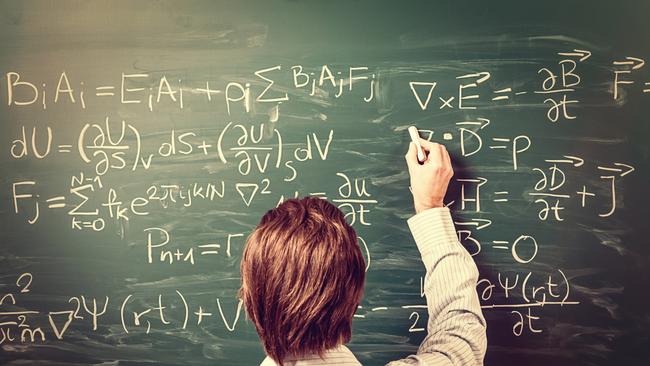
Proof that most Australian teenagers are writing at primary-grade level is reviving an old-school teaching style known as explicit instruction.
The ideology of student-directed or inquiry-based learning has taken over classrooms, giving students more autonomy and responsibility in deciding what and how they learn.
Explicit or direct instruction – for decades the dirty words of modern education – requires teachers to give step-by-step instructions and explanations for students to practise, and to verify that all students have mastered content before moving to the next lesson.
The method is being championed by a reformist group of teachers and researchers who hope to bring the same scientific rigour to education that is applied to medicine or engineering.
This week Knowledge Society chief executive Elena Douglas brought together dozens of educators at a Science of Learning conference in Sydney.
“We have been fighting an empowered movement that believes the problem with school is desks in rows and teachers at the front, and that schools should become places where people roam and learn,” she told the conference.
“More is learnt by explicitly teaching a procedure or a piece of knowledge than is learnt through children working something out for themselves. Why do (critics) attack us as bad people when we promote explicit teaching and attentional control? Children learn more this way.”
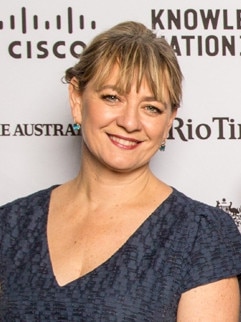
Parents who reaped the benefits of direct instruction at school in the 1970s and ’80s are all too familiar with the tutoring, tantrums, “instrument-specific marking guides”, assignment glossaries and substitution of textbooks with Google searches as their children struggle to comprehend and comply with modern inquiry-based teaching.
Fresh evidence of the failure of Australia’s education system over the past two decades emerged this week when the Australian Education Research Organisation revealed that most year 9 students are writing at year 7 level and can punctuate to a level expected of year 3 students. Analysing seven years of results from the NAPLAN, it found that half as many year 9 students excelled in writing in 2018 compared with 2011.
Australia’s results are sinking, when compared with similar countries. Since 2003, Australian students have dropped from 11th place in maths to 29th, from eighth place in science to 15th, and from fourth to 16th in literacy, in the world’s biggest comparative school test – the OECD Program for International Student Assessment, which compares the achievement of 15-year-old students in 76 industrialised countries. One in five Australian teenagers reads at the lowest level of proficiency and just 60 per cent read at what the OECD regards as a “proficient standard”.
Given the disastrous and long-term decline in educational outcomes, the push for a return to explicit instruction is gaining traction. Western Australia is set to recommend explicit instruction in a new set of guidelines to teachers next week, and the Catholic education system has boosted student results by incorporating it in 56 schools teaching 22,000 students in the ACT and Goulburn.
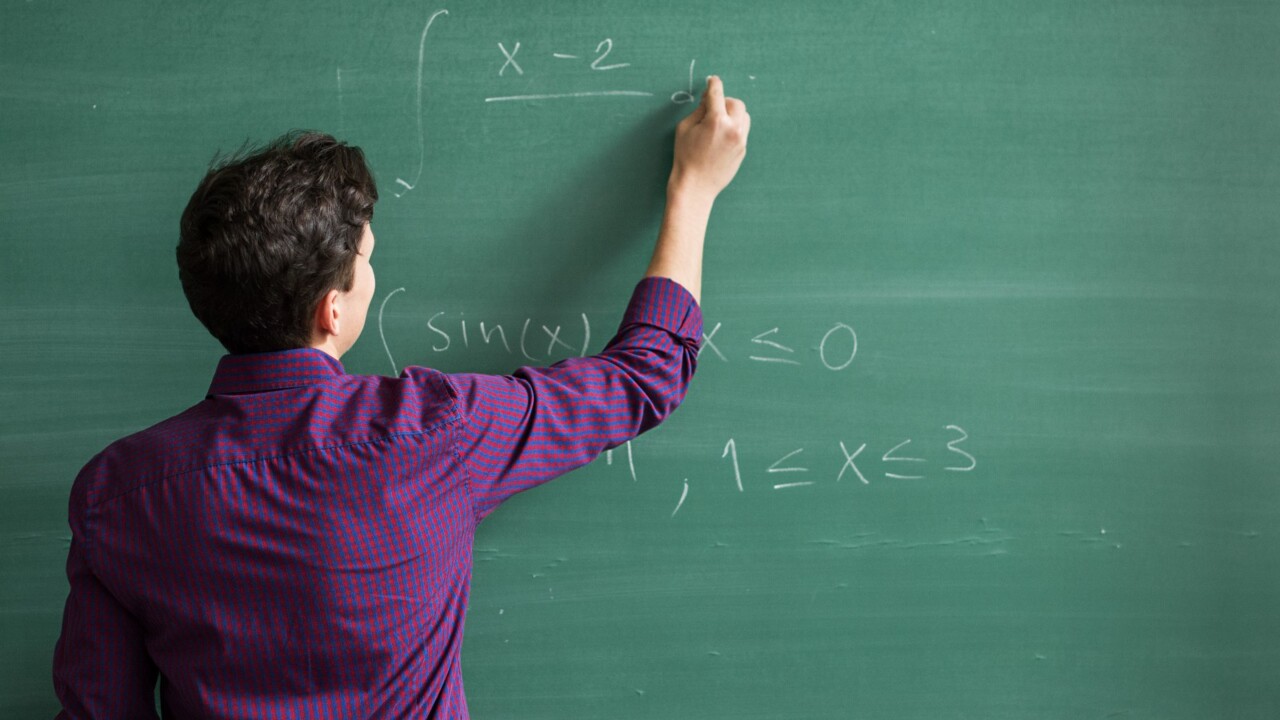
The back-to-the-future teaching method has been embraced by some of the nation’s top private schools, including St Catherine’s School and The King’s School in Sydney and Brisbane’s “Churchie” Anglican Church Grammar School, and the high-performing Sydney Boys High School.
Ross Fox, director of Catholic Education in the Archdiocese of Canberra and Goulburn, says in maths and spelling at one country school 80 per cent of students have reached a level achieved by only 20 per cent of students two years ago. “There is a science of learning that teachers need to know to provide their students with high-quality learning,” he tells Inquirer.
“Knowledge sticks to knowledge. Now there’s a lot of people who think there’s a profound virtue in children discovering things for themselves. In our archdiocese, I don’t believe you can be a teacher if the students aren’t learning.”
In a program called Catalyst - likely to be replicated across Catholic education in Australia - teachers are given ongoing and intensive training in teaching techniques proven to improve student learning. “Students are now learning more,’’ he says.
Teacher training is based on cognitive load theory, pioneered 50 years ago by Australian emeritus professor and educational psychologist John Sweller, which is grounded in the concept that people can absorb only so much information at a time in their short-term memory, before it can be transferred to long-term memory. Sweller still challenges the popular 21st-century idea that students need to be taught “critical and creative thinking”, rather than facts and foundational knowledge.
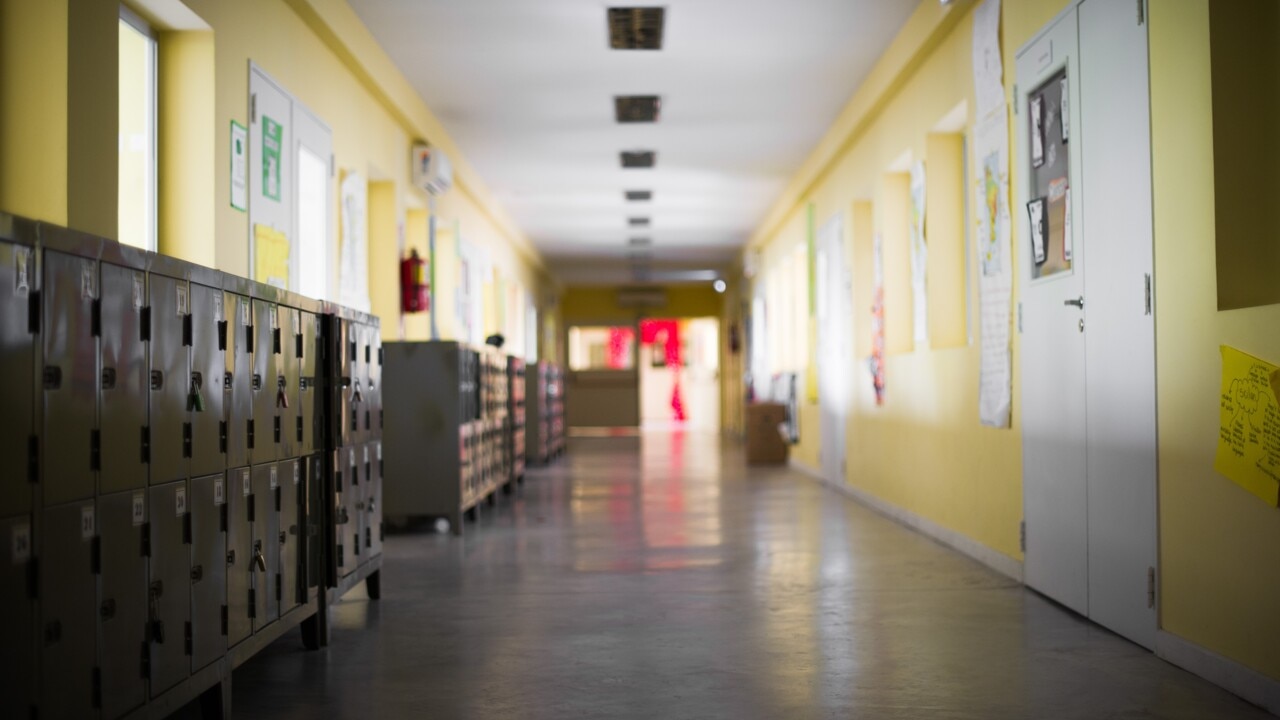
“To be good at problem-solving, you need lots of knowledge,” he told the Science of Learning conference in Sydney this week. “You actually need to show people how to do something. There is no such thing as critical and creative thinking, along with ignorance. Give students knowledge, and critical and creative thinking follows. Teaching ‘21st-century skills’ is not an instructional procedure or educational program – it’s a slogan.”
La Trobe University will be the first to reintroduce explicit instruction in its education degrees, starting next year when its curriculum will focus on the “science of learning’’.
The shift to evidence-based training for educators comes as a relief for veteran principal Lee Musumeci, who has to retrain newly-graduated teachers so they can teach children to read. As the principal of Challis Community Primary School in Perth, Musumeci views illiteracy as a “pipeline to prison’’.
“We introduced explicit instruction because we thought it wouldn’t harm the students, but would teach them to read,’’ she says. “We got a lot of frowning because we were taking them out of the sandpit and having them sit on the floor looking at (flash) cards with letters. But now our children are punching above their postcode. There’s nothing more important than ensuring they can read and know how to behave.’’





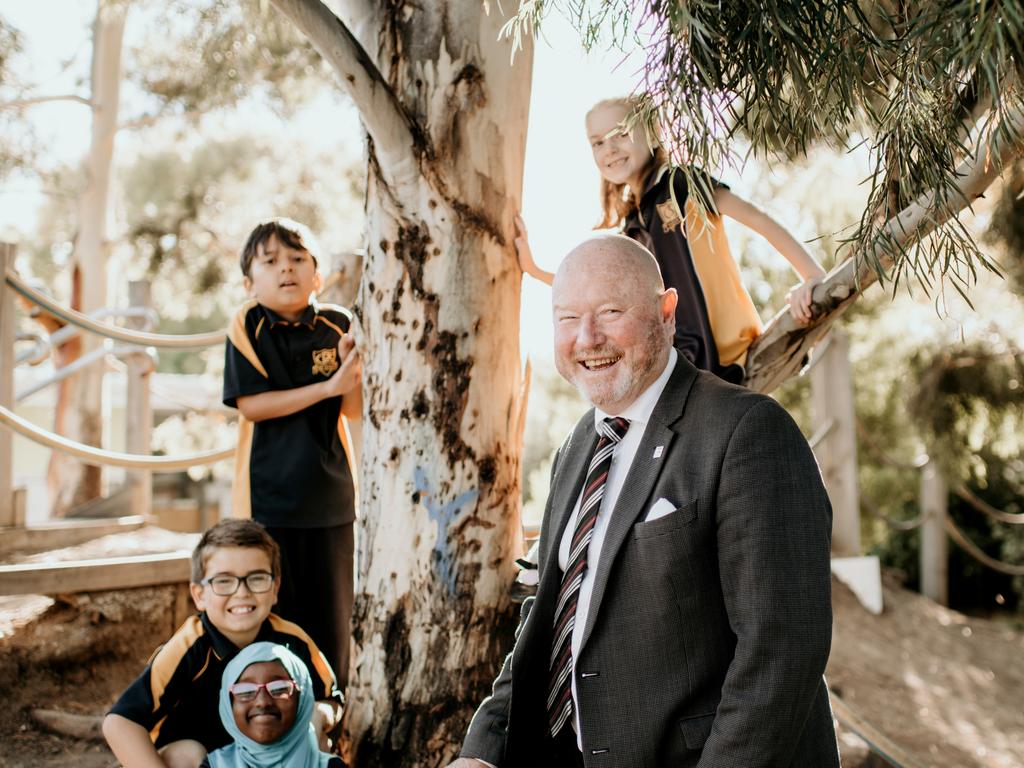
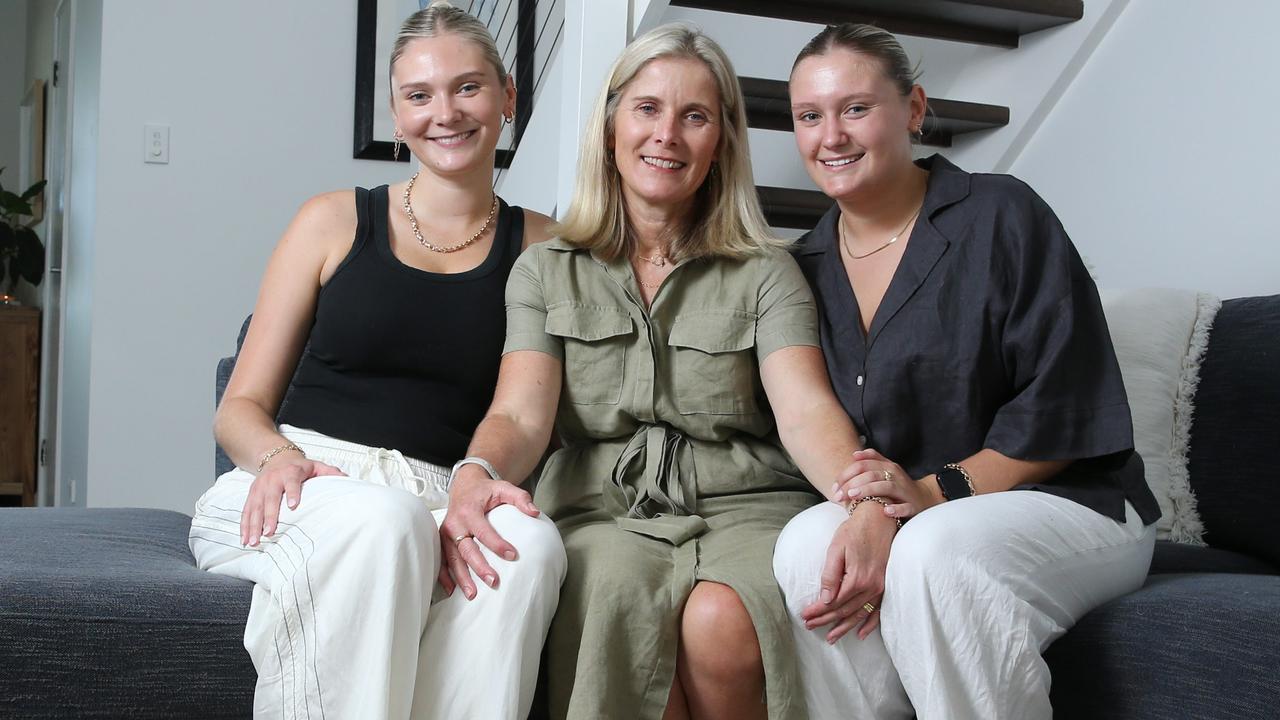
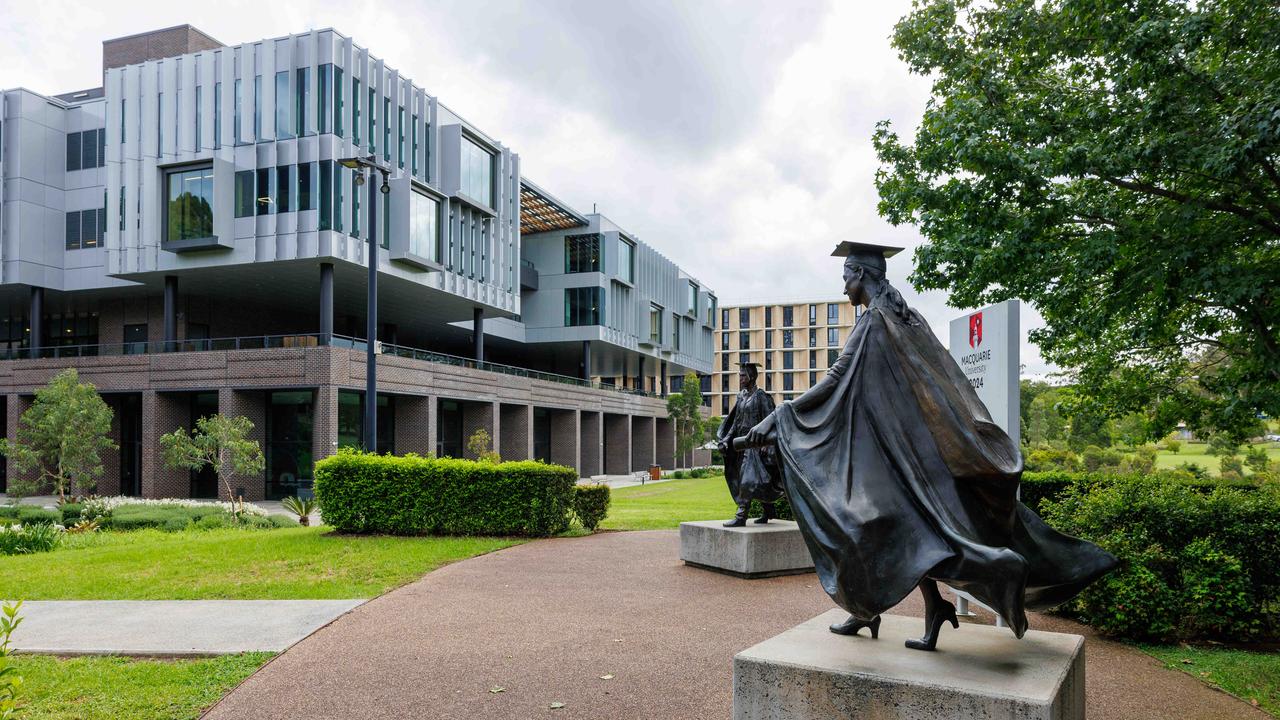
To join the conversation, please log in. Don't have an account? Register
Join the conversation, you are commenting as Logout